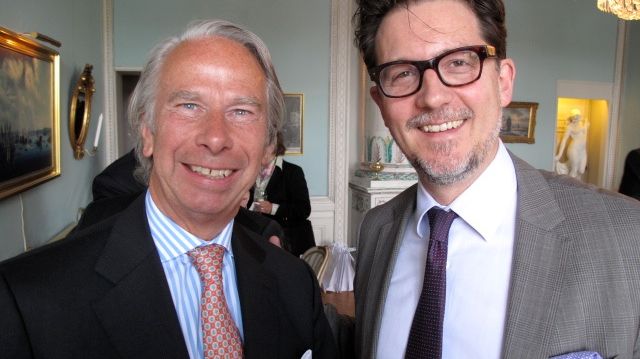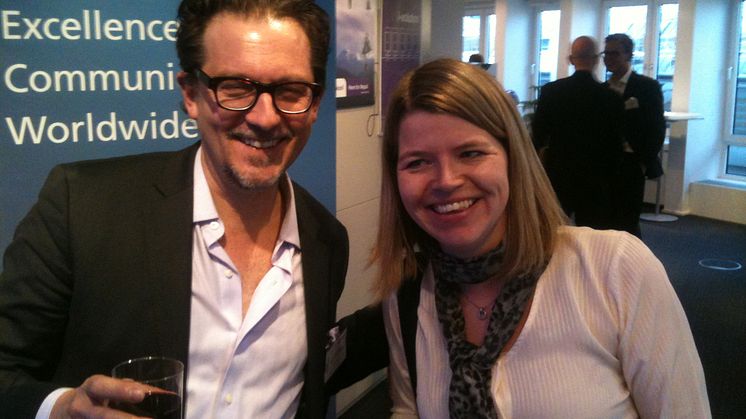Press release -
English grows in importance as language of business in today’s global village
The growing need of companies and their brands to maintain a strong online presence and target key influencers is fuelling a renewed interest in higher quality English-language communications, studies show.
From HR departments seeking to recruit from a global talent pool to financial reporting that needs to tell a company’s story in 30 seconds or less, English is increasingly a critical component of effective cross-border communications.
However, in parallel with surging English usage – often by non-native English speakers – there is a reciprocal prevalence of poor-quality English that can damage a company’s reputation and thus impact brand equity.
“We think it’s great that more and more people are using English to communicate,” says David Gray, an ex-pat American who founded Stockholm-based Open Communications to help consumer brands like H&M, Ericsson, Bentley, ABSOLUT, Electrolux, Virgin and IKEA, as well as leading B2B brands such as Fresenius, Mengus, Sandvik, Cavotec, Micronic, Transmode, Skanska and Scania to tell their stories internationally.
“Companies are realizing that not any level or style of English writing will do – they need even crisper messaging and more compelling ways of engaging with people to stand out in all the clutter out there. There’s no room for fuzzy communications.”
“Commercial writers today are far more than just writers,” says Gray. “They need to be innovators, storytellers and socially aware. They’re expected to create content and experiences that work across a range of channels.”
These sentiments are echoed by Nick Chipperfield, an Open copywriter who heads the agency’s PR services.
“We receive a large number of requests from corporate customers who are looking to sharpen their English messaging on everything from their website to their investor relations materials. Many feel their messaging is not getting through.”
Chipperfield cites seven tips (see below) for improving English-language communications, which he’s compiled into a brief guide, available as a downloadable PDF here:
1. Select English copywriters who are great storytellers.
2. Insist upon references and work samples.
3. Pick the right English copywriter for the right job.
4. Provide insights. Not information.
5. Develop long-term partnerships rather than quick-fix solutions.
6. Look for partners who are curious, engaged and good listeners.
7. Know your language policy and communicate it clearly.
Chipperfield notes that many multinational companies today have English-language policies (i.e. British or American style) but such policies are not clearly known or communicated to their international marketing communication staffs. As the trend toward increasing English usage continues, it will be increasingly important for companies to gain clarity on such matters and work with quality partners, he says.
Related links
Topics
Categories
Regions
Open Communications is a strategic marketing communications agency that helps global brands achieve their goals across borders. Together with partners, Open has won more than 100 international awards and distinctions for creativity and effectiveness. The company is based in Stockholm but works internationally.













